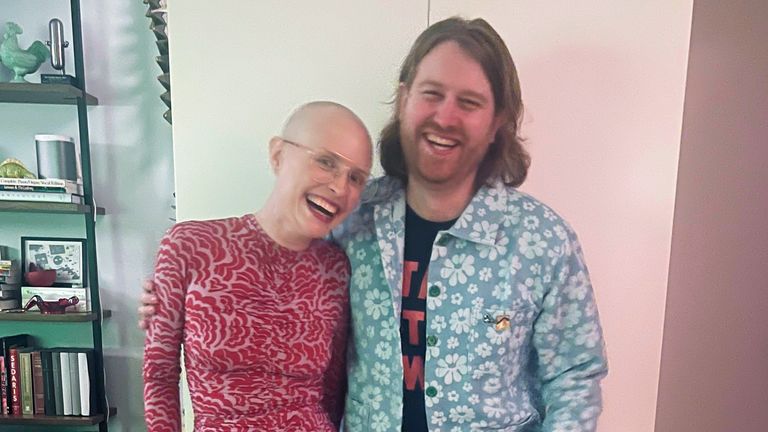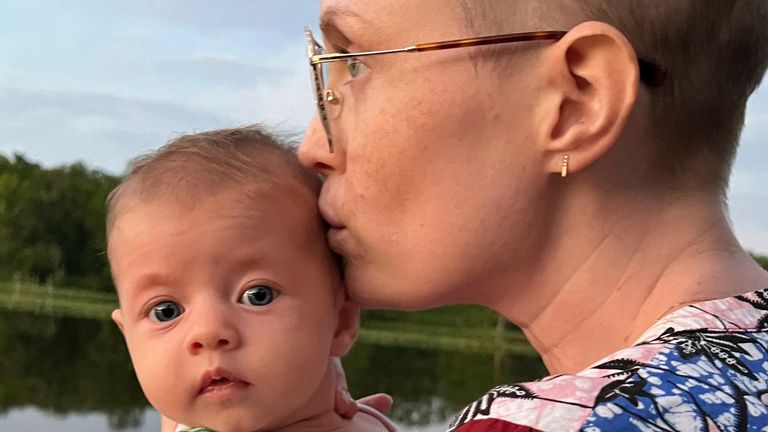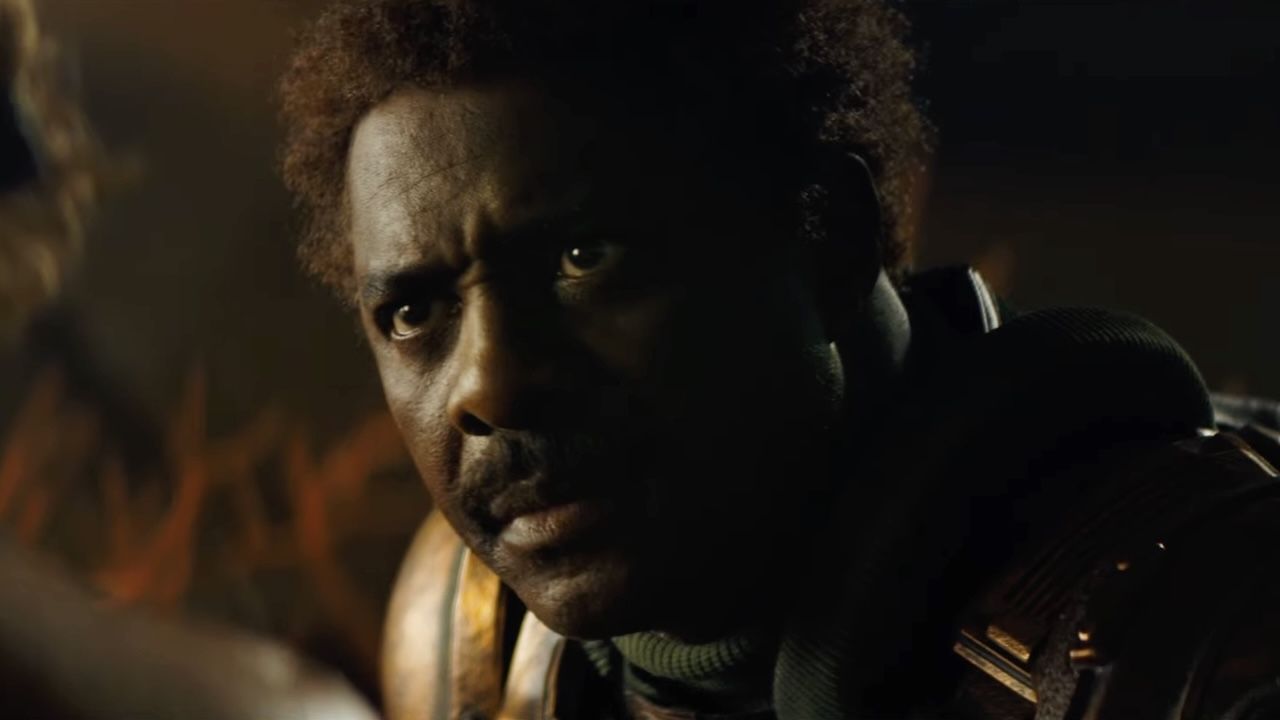A posthumous appeal by a US woman who died from cancer has raised enough money in less than a week to wipe out million of dollars in medical debt.
Casey McIntyre told followers in a social media message posted by her husband that she had arranged to pay bills owed by others as a way of celebrating her life.
While she had good health insurance cover, the New York City couple has seen some “terrifying” costs on paperwork for her care and wanted to assist those saddled by hefty charges.
Writing on the social media platform X, formerly known as Twitter, Ms McIntrye posted, “if you’re reading this I have passed away”.
She added: “I loved each and every one of you with my whole heart and I promise you, I knew how deeply I was loved.
“To celebrate my life, I’ve arranged to buy up others’ medical debt and then destroy the debt.”
The posts included a link to a fundraising campaign started through the non-profit RIP Medical Debt.
Ms McIntyre’s husband, Andrew Rose Gregory, posted the messages on Tuesday following her death on Sunday, and the campaign quickly exceeded its $20,000 (£16,000) goal and now tops more than $170,000 (£136,000) – enough to buy around $17m (£13.6m) in medical debt.
Read more on Sky News:
Kool & The Gang co-founder dies
Wayne’s World star’s son dies of accidental overdose aged 32
Mr Gregory said: “What resonated for me and Casey is, you know, there’s good cancer treatment out there that people can’t afford.
“Instead of dreaming of a cure for cancer, what if we could just help people who are being crushed by medical debt?”
Patients in the US healthcare system can quickly rack up big bills that push them into debt even if they have insurance.
This is especially true for people who need hospital treatment, regular care or prescriptions for chronic health problems.
A 2022 analysis of government data from the non-profit KFF estimates nearly one in 10 US adults owe at least $250 (£200) in medical debt.
Of those 23 million people, some 11 million owe more than $2,000 (£1,600).
RIP Medical Debt erases debt bought from hospitals, other health care providers and the secondary debt market.
It buys millions of dollars of debt in bundles for what it says is a fraction of the original value.
The group says every dollar donated buys about $100 (£80) in debt, and it aims to help people with lower incomes.
Spokesman Daniel Lempert said the organisation has never had a campaign where someone plans for it to start after their death.
Ms McIntyre, who was a book publisher, started treatment for ovarian cancer in 2019.
She spent about three months in the hospital over the past year, her husband said.
The couple started planning for her memorial and the debt-buying campaign after she almost died in May.
They were inspired by a video they saw of North Carolina churchgoers burning about $3m (£2.4m) in medical debt.
Ms McIntyre spent the last five months in home hospice care, giving her what Mr Gregory called a “bonus summer.”
She went on beach trips and spent time with their family, including the couple’s 18-month-old daughter, Grace.
He said: “Casey was very, very sick at the end of her life, and she couldn’t finish everything she wanted to finish.
“But I knew she wanted to do this memorial and debt jubilee. So I set that up and… did it the way I thought she would have wanted.”







